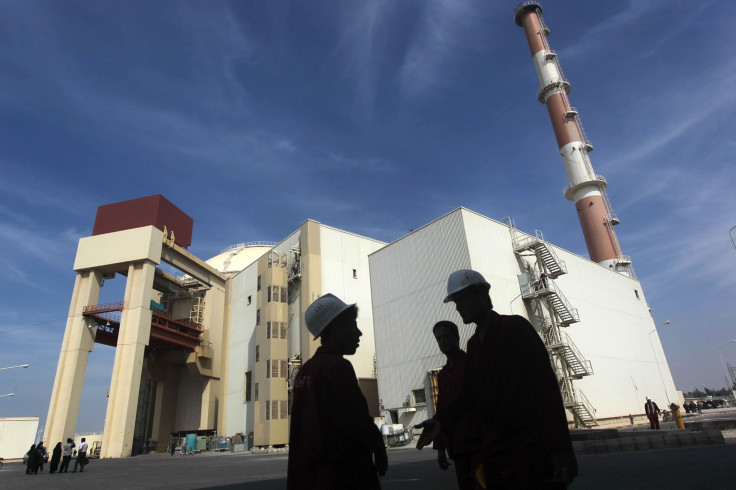Iran Wants To Sell Nuclear Products, Including Uranium And Heavy Water, To Other Nations

Iran could sell nuclear materials such as uranium and heavy water to other countries if a deal is reached in negotiations with international leaders in Vienna, Tass news agency reported on Monday. It’s expected that any details of a deal could be released sometime Monday, as multiple news outlets report significant progress in the talks, while also mentioning that some details are still holding up a conclusion.
"We plan to sell our strategic nuclear products, including uranium and heavy water. And this means that we will become one of those countries that use their peaceful atomic technologies for commerce purposes and enter the international market," Ali Akbar Salehi, head of the Atomic Energy Organization of Iran, said on Monday.
While negotiations have been long and arduous in recent months, with both sides making nuanced demands during the process, Iran and the U.S.-led group have fairly basic aims. Iran hopes that sanctions against it will be removed so that it can repair its ailing economy, while the U.S. wants to keep an eye on Iran’s nuclear facilities so the Islamic nation cannot build a nuclear weapon.
If a final deal is reached Monday, the U.S. Congress would have up to 60 days to either ratify the deal or reject it. A resolution of disapproval in the Senate, for example, would need 60 votes to pass. If President Barack Obama wants to veto that, he would need 34 votes, or more than one-third of the Senate, to sustain it. It's expected that he will try to veto if Congress blocks the deal.
The Senate Foreign Relations Committee's ranking Democrat, Maryland Sen. Ben Cardin, said Congress faces a rigorous task in making a decision.
"In our deliberations, we need to ensure the negotiations resulted in a comprehensive, long-lasting, and verifiable outcome that also provides for snap-back of sanctions, should Iran deviate from its commitments," Cardin said in a statement Sunday. "If an agreement is achieved, Congress faces a solemn charge in reviewing the deal, which I expect will be fulfilled to the best of our abilities and at the highest of standards."
Underlining just how far negotiations have come over the last week, Salehi said that "all technical issues have already been solved” and that details of the accord so far include an agreement that “envisages laying basis for sharing international experience with Iran in such spheres as commercializing the nuclear sector, including nuclear power plant construction and fuel production.”
© Copyright IBTimes 2025. All rights reserved.






















